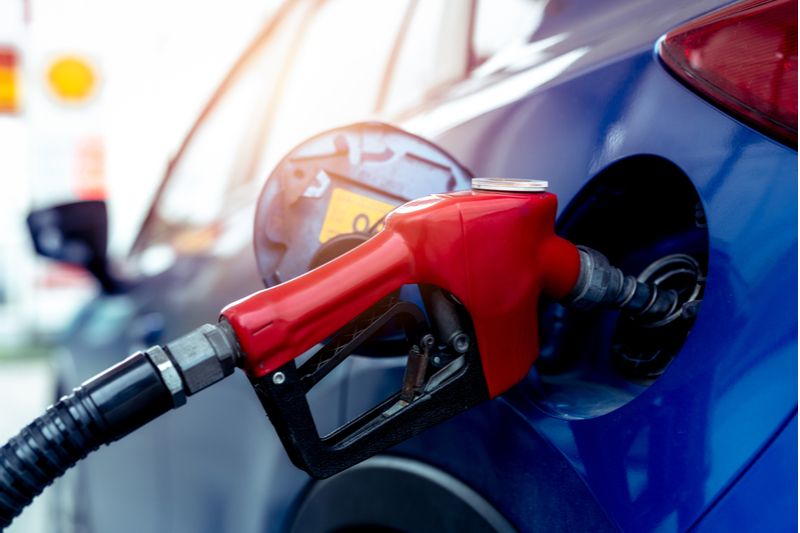01
March 2022
Unleaded petrol exceeds £1.50 per litre for first time
The cost of unleaded petrol has exceeded £1.50 per litre for the first time in the UK, as oil prices continue to climb.
Data also shows that Brent Crude reached $113 per barrel as of today. This is the highest it’s been in eight years.
According to analysts, the primary cause for the recent spike is the ongoing war in Ukraine. Russia is the second largest provider of crude oil globally, giving them the power to restrict supply and thus drive up prices.
Speaking on the price rises, Simon Williams, a spokesperson for the RAC said: "This makes a full tank of petrol for a 55-litre family car £83 and diesel £85. The average price of both fuels has shot up by more than 1.5p since Thursday.
"Prices at the pump will continue to go up as retailers buy in new stock at much higher prices.
"This week will be an important one in terms of the oil price as it's likely to reveal the speed of the inevitable upward trend or the extent of the volatility in the market."
It’s important to note that while the Russia-Ukraine conflict is causing price volatility, the UK has been seeing the cost of petrol climb for some time. During lockdowns, fuel consumption naturally dipped, however, when restrictions were lifted, demand soared, which alongside supply chain issues caused fuel prices to spike dramatically. This also led to severe shortages, bringing with it long queues outside of petrol stations.
The current geo-political strife has severely exacerbated the situation, adding more weight to the ongoing cost of living crisis engulfing the UK. Energy prices have already shot up, which, much like crude oil, is exported in huge quantities by Russia.
Ofgem, the energy regulator for the UK, announced last month that it would be adjusting the maximum amount that suppliers were allowed to charge customers. This means that from April, energy bills will be 54% higher, working out to nearly £700 per year extra for UK households.





